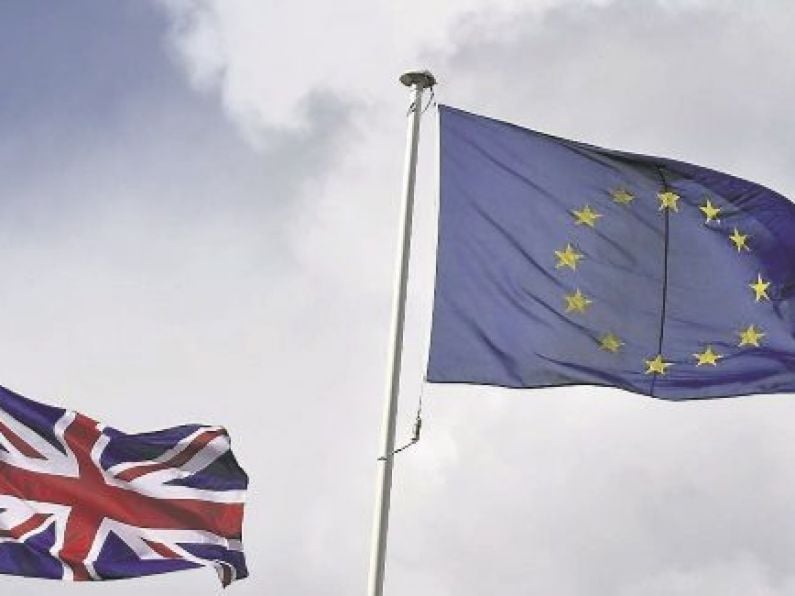By Peter Brown
Despite the best endeavours of Donald Trump and Brexit, stock markets are performing because central banks are still very dovish.
But it is the type of stock that is performing most that give me the jitters and leads me to believe the market is showing levels of “irrational exuberance”, the phrase coined by former Federal Reserve chairman Alan Greenspan, in a speech during the dot-com bubble almost 20 years ago.
I don’t feel we are headed for a crash but there are stocks in the market which strain credibility, when there are stocks offering phenomenal value which are being ignored.
For the traditional investor, the world is becoming a strange place.
There is the trend on Wall Street, which came out of Silicon Valley, to invest and make money in companies which make no profit and indeed companies which may never make a profit.
“Given that Tesla has never made an annual profit in the almost 15 years since we have existed, profit is obviously not what motivates us,” Elon Musk once said.
And Tesla is not alone.
Amazon has a profit earnings ratio which will never be achieved, yet the stock is up 50% in 2018. One wonders what is going on.
Most of these businesses are set up by Silicon Valley entrepreneurs.
They are not initially profitable and in most cases unlikely to be so in the medium term.
They need outside investors whose aim is to make money as the stock price goes up.
They are therefore always reliant on someone buying the stock at a higher price than they paid for it, not unlike a Ponzi scheme structure.
The concept of generating profitable returns in the future is not even considered. While the investment story focuses on momentum, as in the case of Amazon, the stock price continues to rise and everyone gets rewarded.
This is the type of company favoured by investors.
Take the company Bird for example, Silicon Valley’s latest Frankenstein.
Bird does scooters, and the company is founded on the urban bike rental model, with a few tweaks.
Nonetheless, Bird has raised hundreds of millions in investment and has a projected market capitalisation in excess of $1bn.
It will never reach that valuation and is plagued with liability and regulatory issues. It may be popular with yuppies in large cities but can’t really scale the world to justify its market capitalisation.
No one seems to care. The same argument applies to bitcoin, as people are drawn by a speculation and the fear of missing out.
Facebook and Twitter stocks are down 16% and 30% respectively because they are entering a phase of analysis by earnings and growth, rather than by outlook and speculation.
Maybe they should have done an Amazon or a Tesla and kept announcing big lofty dreams, and have kept the investors happy.
If Bird stays as a mere concept long enough it will help people to get rich but the trouble is a lot of people will lose in the end.
Silicon Valley is selling Ponzi schemes and no doubt they will have cashed in by the time reality hits.
For the smaller investor these stocks are tempting. I am not saying all such stocks will go bust.
Many will survive at a much lower price than they reached at their height.
It is hard to tell the wheat from the chaff because there is nothing you can measure against.
Even the best stock pickers are losing heavily shorting Tesla and Amazon on conventional earnings ratings.
Betting on stock collapses using tried and tested fundamentals used to be a strategy, but not any longer.
Peter Brown is director of Baggot Investment Partners.






